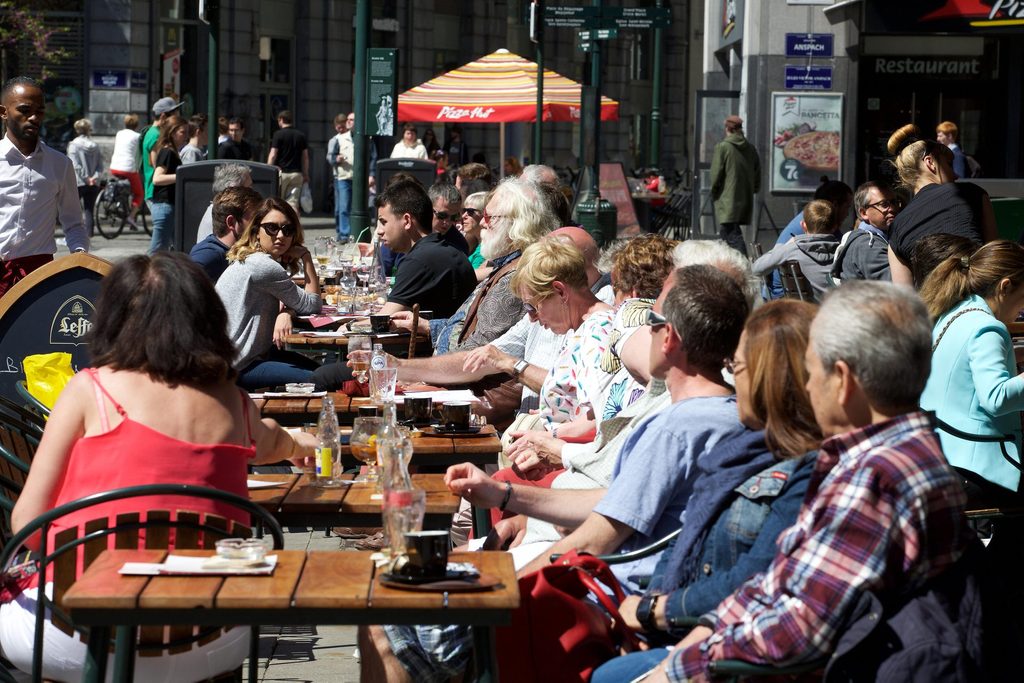Belgium is among the countries with the best work-life balance across the world, finishing in tenth place with a score of 7.7 out of 10, according to the OECD's Better Life Index.
Belgium performs well in many dimensions of well-being relative to other countries in the index: it does better than the average in terms of income, education, housing, health, civic engagement and life satisfaction. However, the country performs below average for social connections, according to the latest available data (2020).
"In Belgium, about 4% of employees work very long hours in paid work – much less than the OECD average of 10%," the report found, stressing the importance of the amount of time a person spends at work. Evidence suggests that long work hours may impair personal health, jeopardise safety and increase stress.
Leisure time
It goes without saying that the more time people spend working, the less time they have to spend on other activities, such as socialising, leisure activities, eating or sleeping. The amount and quality of leisure time is important for people's overall well-being, and can bring additional physical and mental health benefits.
"In Belgium, full-time workers devote 65% of their day on average – or 15.5 hours – to personal care (eating, sleeping, etc.) and leisure (socialising with friends and family, hobbies, games, computer and television use, etc.) – just over the OECD average of 15 hours."
Additionally, a recent survey conducted by the SD Worx social secretariat among over 16,000 employees across 16 countries found that over half of Belgians (53%) were satisfied with their work-life balance, partly due to their right to disconnect. This made the country the leader in Europe.

Parc de Wolvendael in Brussels. Credit: Ugo Realfonzo
However, not all that glitters is gold: finding a suitable balance between work and life is a challenge for all workers, especially working parents. In 2022, 70% of parents indicated that they struggled to strike a healthy work-life balance between caring for their children and their careers.
"The ability to successfully combine work, family commitments and personal life is important for the well-being of all members in a household," the OECD report stated. "Governments can help to address the issue by encouraging supportive and flexible working practices, making it easier for parents to strike a better balance between work and home life."
When asked to rate their general satisfaction with life on a scale from 0 to 10, Belgians gave it a 6.8 grade on average – slightly higher than the OECD average of 6.7.
Related News
- Best in Europe: Over half of Belgians satisfied with work-life balance
- International Happiness Day: Belgium rises one place on global leaderboard
The country that scored the highest in terms of work-life balance was Italy, with a score of 9.4 out of 10. While the OECD report showed that the country does not score particularly high on important aspects such as income, employment, education and environmental quality, Italians evidently know how to leave their work at work.
In second place is Denmark (8.6), closely followed by Norway (8.5) in third place. Rounding out the top five are Spain (8.4) and the Netherlands (8.3). The other countries with a better work-life balance than Belgium are France and Sweden (both 8.1), Germany (8.0) and Russia (7.8).

